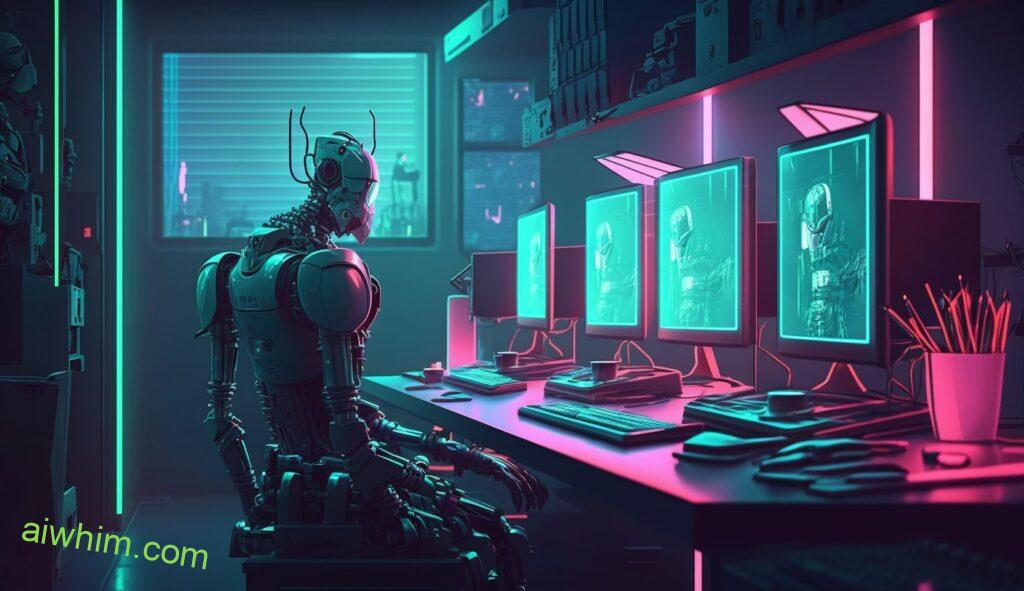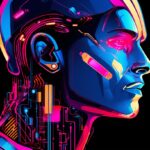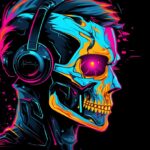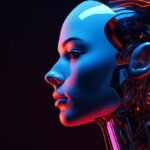Are you a medical coder? If so, have you ever wondered if artificial intelligence (AI) and automation could take over your job? Could they take away the freedom that comes with being a medical coder and replace it with machines that can do the same work more efficiently? In this article, we’ll explore how AI and automation are changing the medical coding industry, and what might be in store for coders like you.
The rise of AI and automation has been rapid over the past few years. It’s becoming increasingly common to see robots doing tasks once done solely by humans. As technology progresses, more companies are turning to AI and automated systems to reduce costs associated with hiring employees. This is especially true in industries such as medicine where there’s already an existing labor shortage. What does this mean for medical coders who rely on their jobs for financial stability?
In this article, we’ll answer these questions: Is AI and automation really going to steal my job as a Medical Coder? And if so, what should I do now to stay ahead of the curve? We’ll also look at potential solutions that may help prevent job loss due to technological advancements. So read on to find out more!
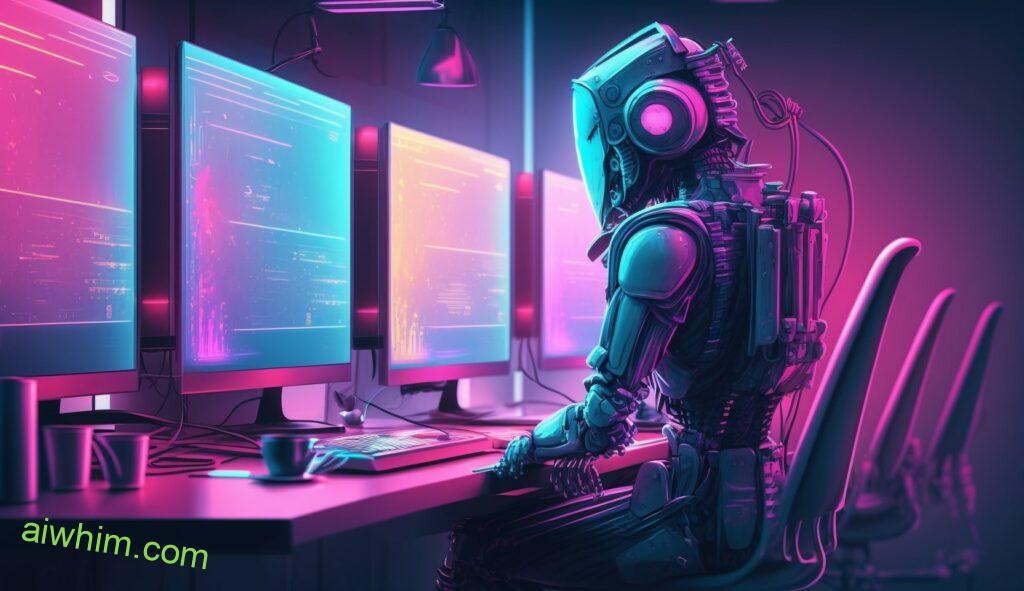
Definition Of Medical Coding
Medical coding is like a secret language spoken by medical professionals, containing its own intricate terminology and process. It’s an essential part of the healthcare industry, used to document patient diagnoses and treatments in order to receive reimbursement from insurance companies. In essence, it helps keep the system running smoothly so that everyone can be taken care of medically.
At its core, medical coding is about understanding complex medical terms and abbreviations and transforming them into unique codes that represent diagnosis or treatment for individual patients. These codes are then entered into a database which can be accessed later on when making claims for payment from insurers. The coder must also ensure accuracy since any errors could lead to delays or denials in payments. While there may be many levels of complexity involved with this procedure, the basics remain simple: take the information given, code it correctly according to established protocols, submit it accurately.

By the way, you may also want to read this article about how Chatbots impacts medical transcriptionist jobs! (Click to read.)
Advantages Of AI And Automation
AI and automation technology offer a range of advantages for medical coders. This new automated coding system reduces the amount of time needed to process information, allowing professionals to focus on more important tasks. With AI-driven automation, data can be processed faster with fewer errors than if done manually. Furthermore, automated coding systems are able to detect any discrepancies in coding accuracy quickly, resulting in higher levels of accuracy overall.
The use of AI and automated coding also helps reduce costs associated with processing medical records; this is especially beneficial for organizations that have limited resources available. Additionally, by eliminating manual processes such as double entry or verification processes, it’s possible to increase efficiency while cutting down on overhead expenses. In addition, these technologies enable medical coders to work remotely from their own devices without having to rely on an office space. As a result, they can enjoy greater flexibility and freedom in how they manage their workloads.
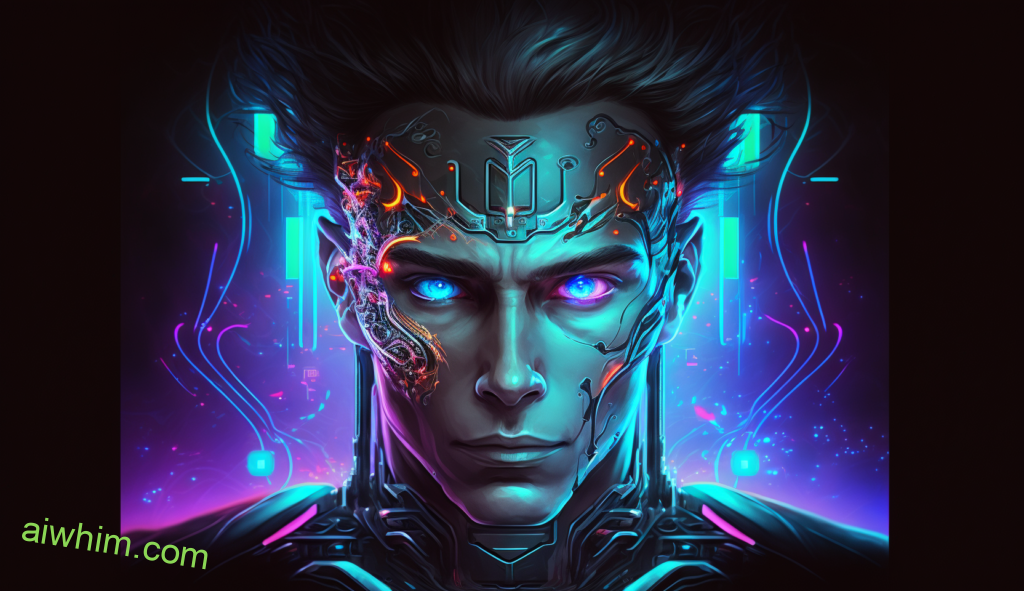
Challenges To Human Medical Coders
The medical coding profession has long been seen as an in-demand job, with a promising career path and steady income. But could the advancement of AI and automation soon make these positions obsolete? It’s a question that many medical coders have had to face. With rapid changes occurring across all industries, it is essential for those working in healthcare to stay abreast of technological advancements.
As more automated solutions continue to be developed, human medical coders must hone their skills and develop ways to differentiate themselves from machines. Automation still faces certain hurdles when it comes to accurately coding highly complex patient information. Machines are not yet able to completely replicate the nuanced understanding of a real person who can identify symptoms or underlying conditions based on years of experience. Additionally, they cannot account for exceptions, modifications, or new procedures that require manual intervention. As such, this potentially opens up opportunities for humans who possess the knowledge necessary to bridge any gaps between automation technology and accurate diagnosis codes.
Human medical coders need time to transition into this new era of automation while continuing to draw upon existing expertise and specialties within the field. By developing strategies focused on collaboration rather than competition with AI technologies, medical coders can ensure greater accuracy in diagnostic coding whilst also creating a sustainable future for their profession.
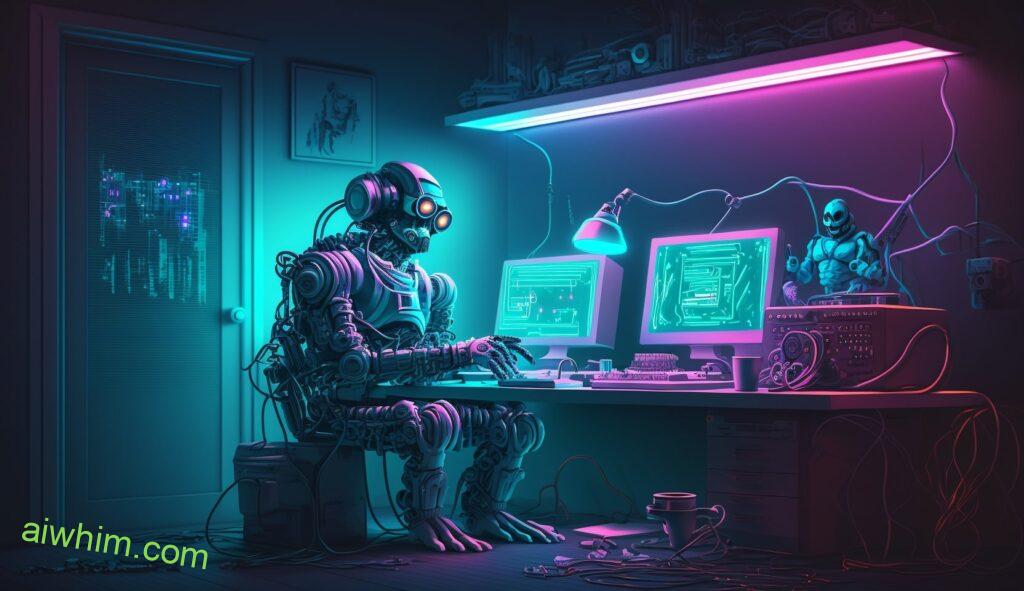
Impact On Employment Opportunities
The impact of AI and automation on the medical coding job market is undeniable. Employers are recognizing the potential savings in time, money, and resources that come from automating medical coding processes. This means fewer jobs for human coders and more opportunities for machines to take over.
But this doesn’t necessarily mean there won’t be any employment opportunities for medical coders. The demand for skilled professionals will always remain high as long as healthcare organizations need accurate and timely patient information. Here’s a breakdown of how the job market may look like:
- Job Market Trends:
- Positive Opportunities: With increased investment in automation solutions, employers can create new positions such as data entry specialists who work alongside AI-driven systems or roles focusing on quality assurance.
- Negative Outlooks: Automation has already caused a decrease in overall job openings for experienced human coders due to deep learning technology taking on repetitive tasks which humans used to do manually.
Nevertheless, while it’s true that automation could potentially steal some jobs away from humans, it also presents plenty of opportunities that weren’t previously available before its introduction into the workplace. For those looking to break into medical coding, now is an excellent time to learn about emerging technologies and stay ahead of industry trends so they’re better prepared when applying for future positions.
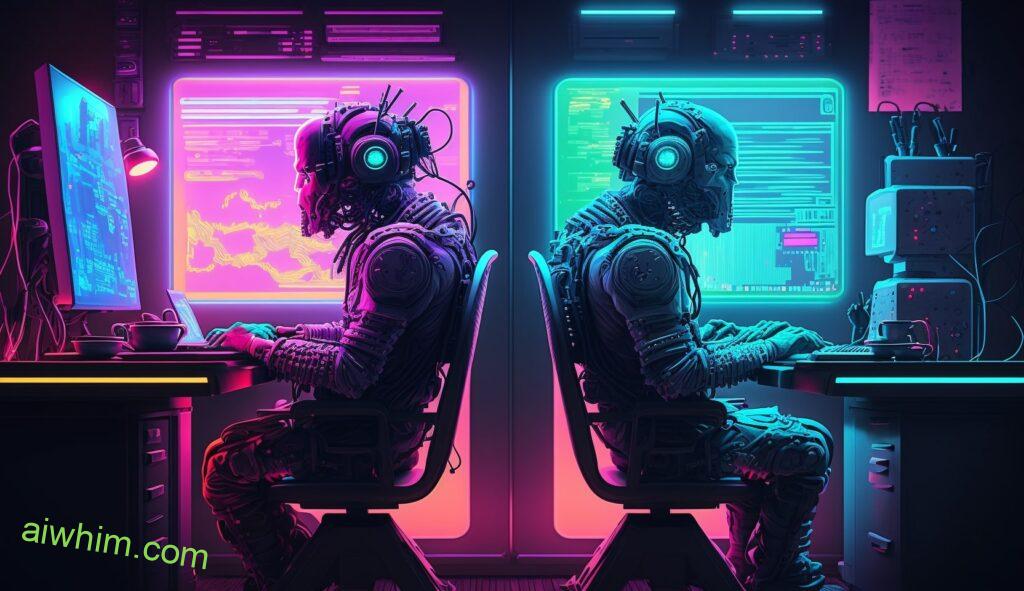
Job Security In The Healthcare Sector
As the digital age gains steam, it can be a scary thought to consider that automation and artificial intelligence (AI) could replace your job. In the healthcare sector specifically, many are worried about whether their roles will remain in demand or if machines will take over. But despite these fears, there is still hope for job security in the healthcare industry today – even when considering the potential impacts of AI and automation.
First off, let’s dive into how AI and automation may affect employment opportunities within healthcare. Automation has already made its mark on certain aspects of medical coding such as billing systems and data entry tasks. As technology continues to improve, some worry that more complex duties like diagnosis coding might eventually become automated processes too. Thankfully though, experts suggest that this type of deep learning requires far more sophisticated algorithms than what’s available right now – meaning those who work in medical coding should have time before they need to worry about their job becoming obsolete.
In addition to technological advancements impacting healthcare workers’ job security, other trends must also be considered as well. As populations continue to grow worldwide, so does the increasing demand for both preventative care and long-term treatment options; this means an increase in health services which translates directly into increased employment possibilities across all sectors of healthcare including medical coders. Therefore while AI and automation do pose some challenges within the field moving forward, overall job security remains strong due largely in part to continued growth within the industry itself.
It is true that technology advances quickly and with this comes new ways of doing things – but not always replacing humans completely! Although changes are inevitable, those working in medical coding don’t need to fret just yet about robots taking over their role anytime soon. With proper preparation through continuing education courses and staying up-to-date with industry developments, individuals can ensure they stay ahead of any potential threats posed by automation while protecting their own job security in the process.
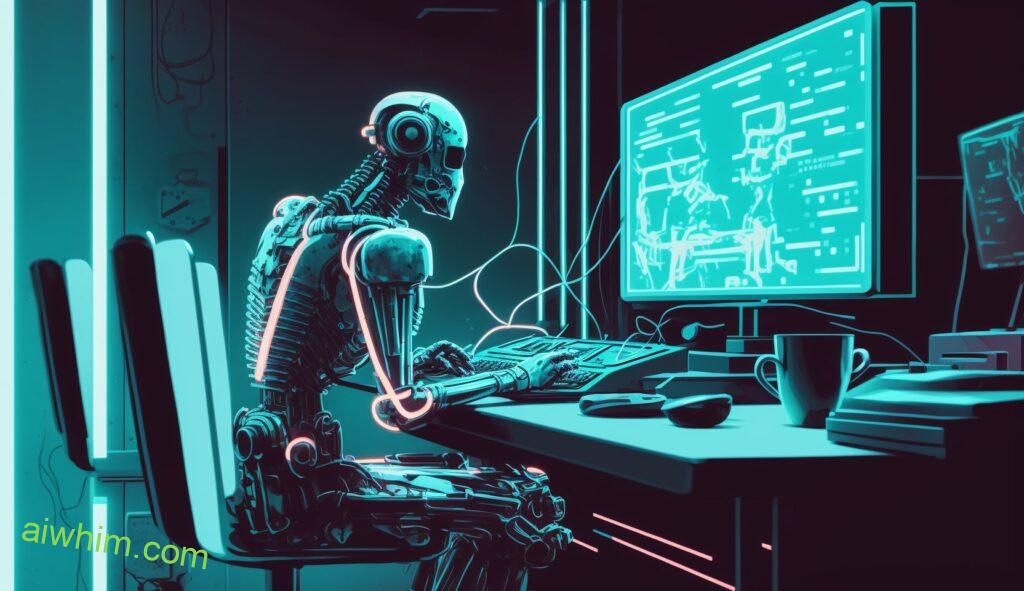
Pros And Cons Of Automated Coding Systems
Automated coding systems have become increasingly popular in the medical setting, as they offer a number of potential benefits. On one hand, automated coding systems can potentially provide cost savings by eliminating labor costs associated with manual coding and providing more accurate codes that result in fewer rejections or resubmissions from insurers. However, these systems also come with drawbacks: there is still room for error; automation cannot always properly assign all procedures to their appropriate codes; and implementation may be costly due to software purchases, training costs, and maintenance fees.
The decision whether or not to adopt an automated system should take into account many factors – including cost savings versus investment required for implementation – as well as how it will affect healthcare providers’ bottom line. It’s important to remember that regardless of any technology adopted, quality patient care must remain the top priority. Ultimately, weighing pros and cons carefully will enable healthcare organizations to make sound decisions when considering automation solutions for their facilities.
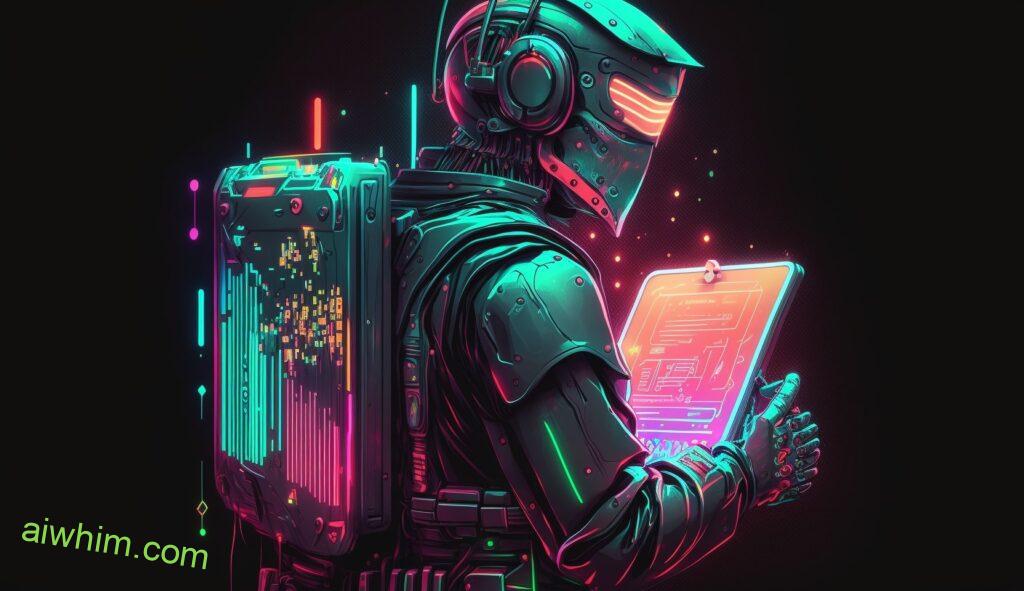
Role Of Machine Learning In Healthcare
The potential of machine learning to revolutionize the healthcare system is nothing short of breathtaking. As medical coding evolves and technology advances, AI-driven systems have taken hold in many areas, promising greater accuracy and efficiency. But what does this mean for those already established within the field?
As with any automation or artificial intelligence development, there are pros and cons to consider. On one hand, it can free up human coders from tedious tasks so they can focus on more complex issues requiring their expertise. However, automated coding also raises concerns about job security – could ai and automation really steal away positions from humans?
Machine learning has a number of benefits when applied to healthcare:
- It allows for faster diagnosis and treatment by quickly processing massive amounts of data that would otherwise take hours for a person to analyze.
- Machine learning algorithms can detect patterns hidden deep within the data which might not be obvious to a human coder.
- By automating mundane processes like sorting through patient records, medical professionals can devote more time towards providing quality care.
In an age where technological advancements seem unstoppable, it’s important to stay ahead of the curve while assessing its implications on your current role as a medical coder. With proper evaluation and planning you should be able to ensure your job remains secure while taking advantage of opportunities offered by machine learning in healthcare settings.
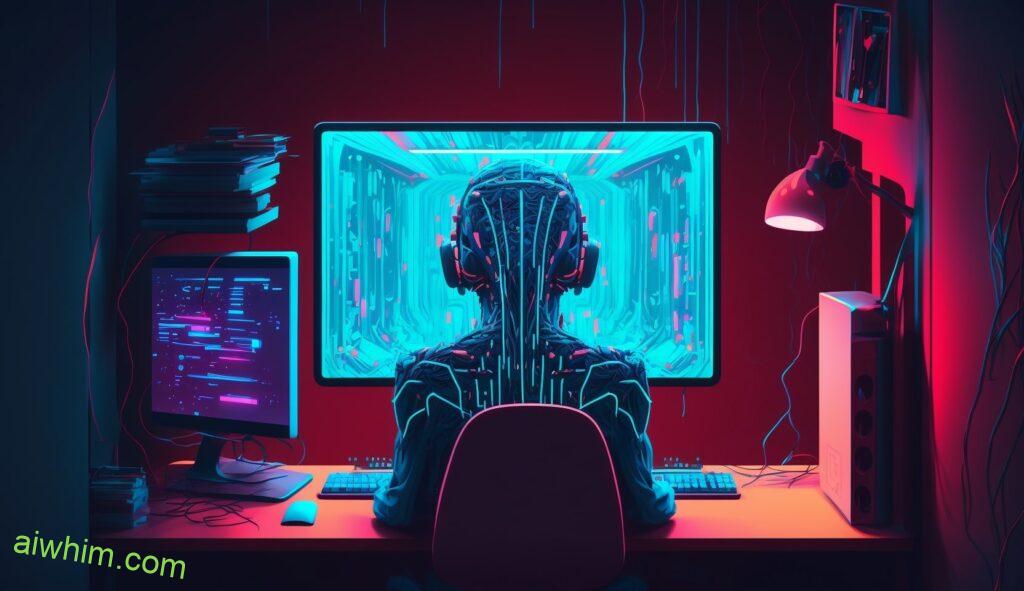
How AI Is Changing The Way Medical Coding Is Done
AI and automation have begun to impact the medical coding industry, raising questions about its long-term future. As AI technology becomes more advanced, it has been able to take on some of the same tasks as traditional medical coders. In many cases, AI is proving itself to be faster and more accurate than human coding professionals. This means that automated coding systems can now process patient records with greater speed and accuracy than a coder would be able to do manually.
The introduction of AI into the medical coding field presents both opportunities and challenges for coders. On one hand, an automated system could free up time by taking care of tedious administrative tasks while freeing up healthcare workers’ valuable time. At the same time, however, these advancements also mean job losses in this sector as fewer people are needed to perform manual coding duties. The potential use of machine learning algorithms within the medical coding process may even reduce the number of experienced coders required for certain positions or specializations over time.
It’s clear that AI technology is impacting the way medical coding is done today, although there’s still much work left to understand how it will shape the profession moving forward. By understanding current trends and preparing accordingly, you can ensure that your skills remain relevant and valued within the workplace for years to come.
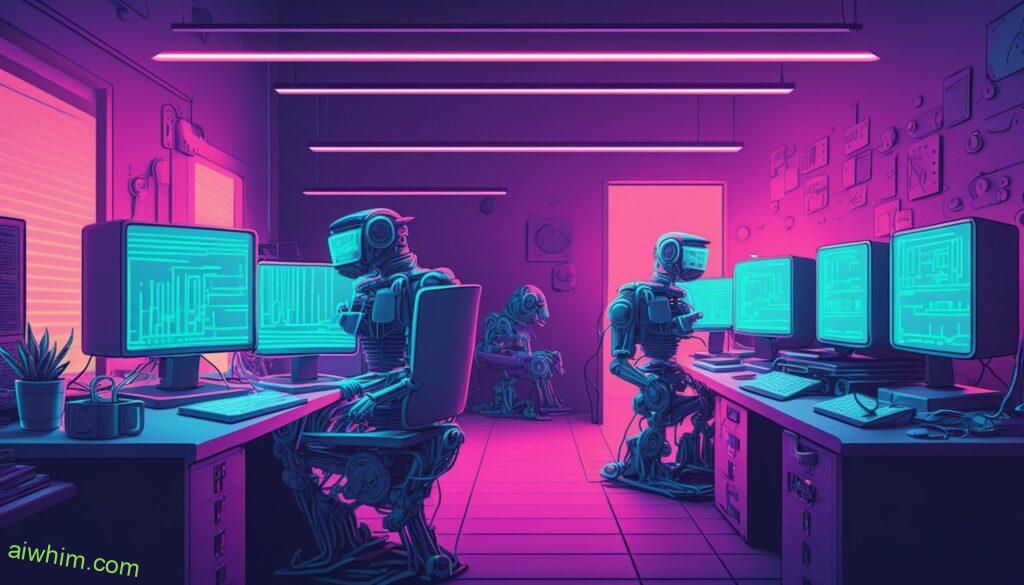
Accuracy And Quality Assurance For Automated Coding Systems
When it comes to automated coding systems, accuracy and quality assurance are of utmost importance. Automated coding systems must be designed with a robust set of checks and balances that ensure the system is functioning as expected. A rigorous testing process should take place prior to implementation in order to guarantee maximum accuracy throughout use. Quality assurance protocols should also be implemented regularly within an organization’s internal experience intelligence team or at an external third-party review site. This helps monitor the performance of the automated coding system over time and makes sure it continues meeting all needs and standards.
It’s understandable why individuals may feel concerned about their job security when faced with automation technology. However, there will always be a need for human oversight in medical coding—not only to help maintain accuracy but also to provide insight into any potential issues that arise due to changes in regulations or healthcare policies. While automated coding holds massive potential for streamlining processes and saving costs, quality control ultimately depends on humans who understand these complexities and can keep up with them over time.
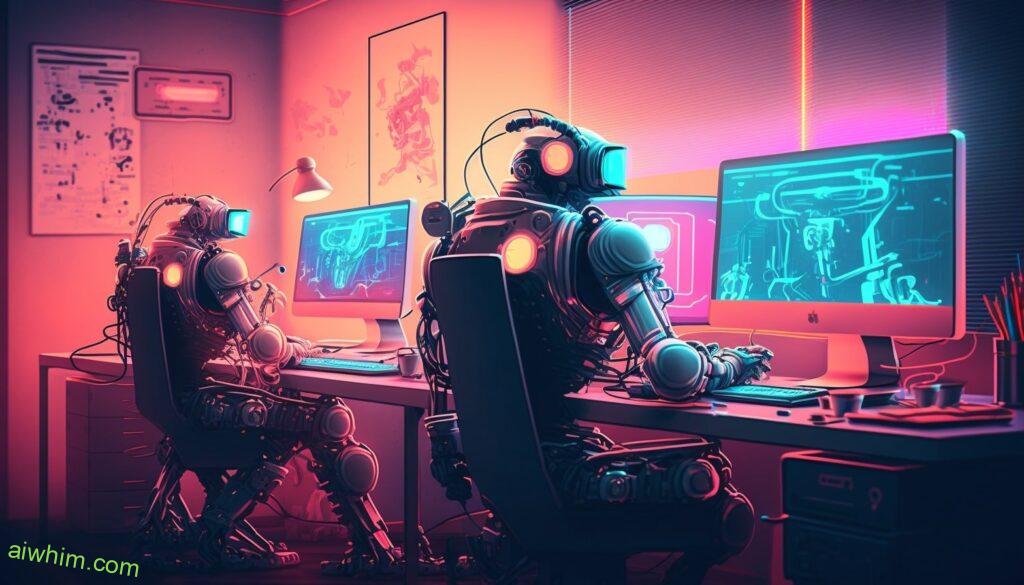
Impact On Time Efficiency
AI and automation have revolutionized the medical coding industry. By leveraging AI technology, coders are able to drastically reduce their time spent on mundane tasks so they can focus on more complex operations such as quality assurance or data analysis. Here’s how it works:
- Automated coding tools allow for faster identification and retrieval of codes from various databases within seconds.
- AI-driven algorithms can assist with code selection based on a patient’s diagnosis, eliminating manual research that often takes hours.
- These automated systems also provide support in verifying accuracy while reducing errors along the way.
- They can even generate comprehensive reports with detailed statistics regarding coded data which eliminates tedious paperwork and filing processes.
- In addition, these technologies facilitate quicker communication between medical teams by streamlining workflow management.
The impact of automation is clear – medical coders are now able to finish jobs much faster than ever before because of its efficiency benefits. This not only saves them time but money too; freeing up resources for other activities essential in providing better care for patients around the world!
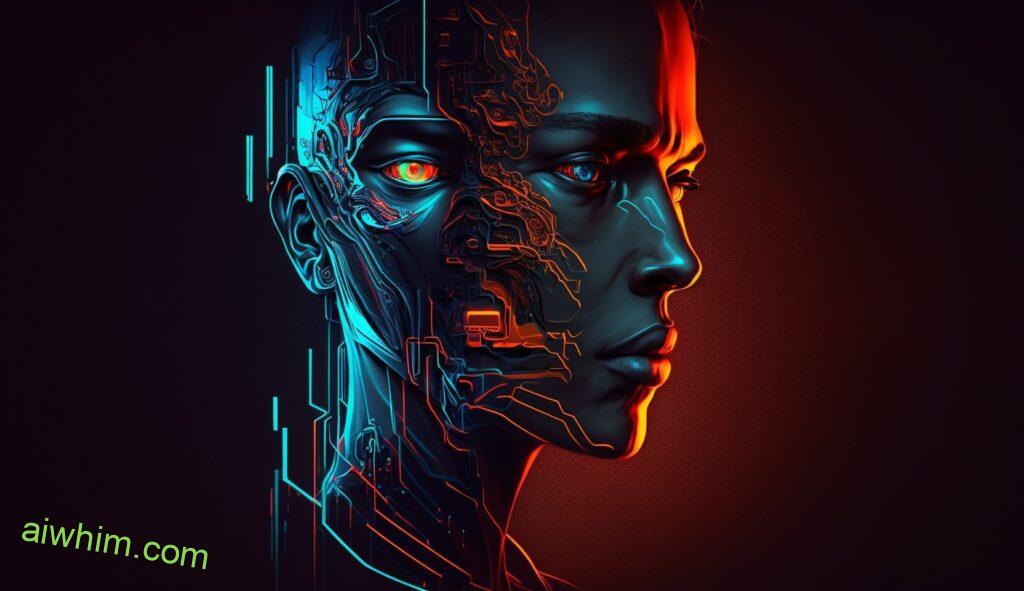
Cost Savings With Automated Coding Systems
The impact of automation on time efficiency was clear, but what about the financial implications? Could automated coding systems help to save costs in medical coding? It’s a question that has been asked more and more as technology advances.
As with other tasks taken over by machines, the cost savings associated with automated coding systems can be substantial. In most cases, it is far less expensive than hiring additional coders or having existing coders take extra shifts. Automated coding also eliminates the need for manual entry and data verification which drastically reduces errors and increases accuracy. Furthermore, automated coding requires fewer resources overall compared to traditional methods; this translates into significant cost savings for health care organizations without compromising quality of service.
These economic benefits are especially attractive given how much money healthcare providers spend each year on human coders who may not always get things right due to a lack of experience or knowledge. With automated coding systems in place, there is no risk of costly mistakes – every code entered is correct and accurate every single time. The result? Reduced labor costs, higher productivity rates, and better patient outcomes at minimal expense.
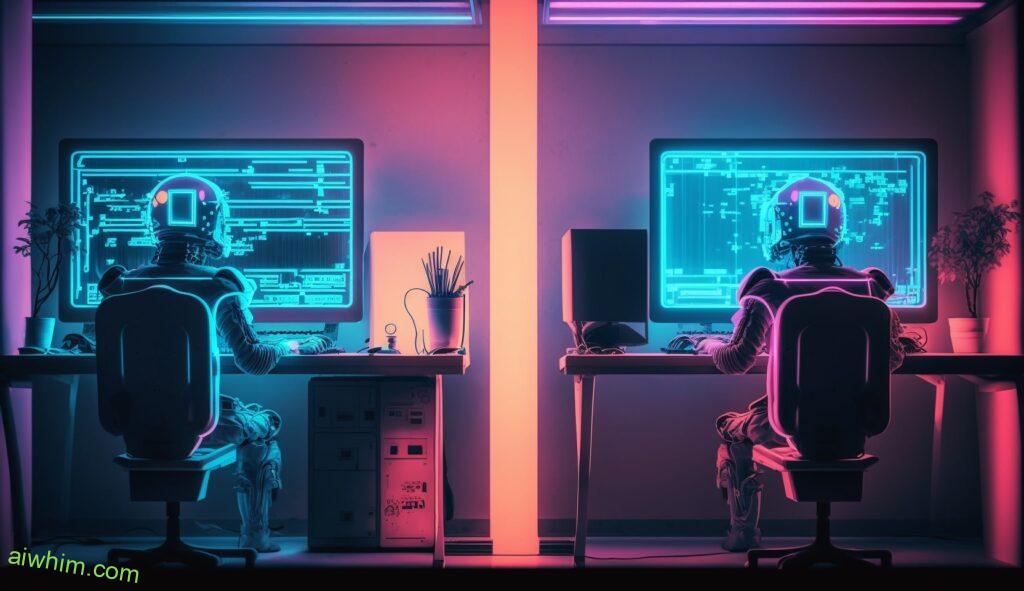
Regulatory Requirements For AI-Based Medical Coding Services
Medical coding is an essential part of modern healthcare systems and the need for accurate, up-to-date information has never been greater. AI-based coding services have begun to make their way into the medical coding industry – but with great power comes great responsibility. Regulatory requirements are necessary in order to ensure that these powerful tools are used correctly and safely.
The regulatory framework surrounding AI-based coding services must be robust enough to protect patients’ rights while also allowing businesses to benefit from this technology. To achieve this balance, governments will likely introduce regulations requiring companies using AI-based coding services to provide proof that they comply with relevant laws and ethical standards. This could include providing evidence of patient privacy policies, ensuring data quality control protocols, or adhering to rules on how decisions made by algorithms can be monitored and audited.
By setting clear guidelines for how businesses should use AI-based coding services, regulators can help prevent misuse and abuse of this technology while still allowing it to revolutionize the healthcare sector. These measures don’t just give peace of mind about what is happening today; they also set a strong foundation for future progress. With a comprehensive legal framework in place, we can rest assured that tomorrow’s advances in medical coding won’t come at the expense of people’s safety or security.
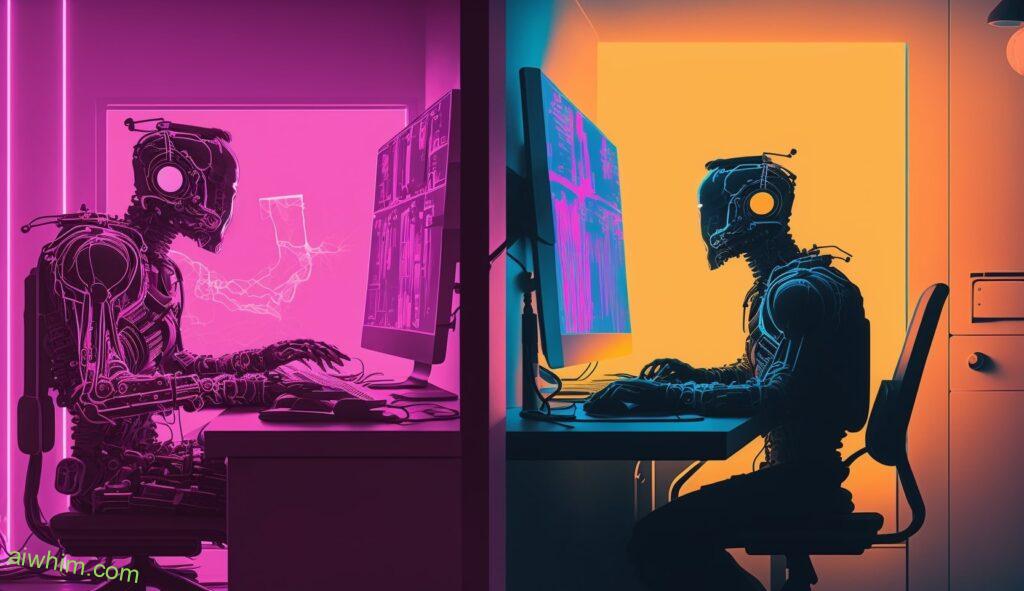
Skills Required For Medical Coders To Adapt To Automation
The world of medical coding is rapidly changing. As automation and AI technology become more prevalent, many have wondered if their job as a medical coder may be in jeopardy. Though it’s true that the nature of medical coding has shifted over time, there are still skills required for coders to remain relevant in this ever-changing landscape.
Imagining one’s self standing on top of a hill overlooking a vast expanse of land stretching into the horizon can create an inspiring perspective on making changes to adapt to new technologies. Gaining knowledge about machine learning techniques, algorithmic coding and other forms of automated systems will help ensure you stay ahead of the curve. The ability to identify patterns within data sets quickly and accurately is key when dealing with today’s increasingly complex health information systems. Keeping up with current trends in healthcare technology is also important; understanding how these developments could affect your work processes helps keep coders prepared for potential changes down the road. Additionally, having well-developed communication skills allows coders to explain complicated procedures and technical terms in layman’s terms so customers understand what they need from them and why certain decisions were made.
It’s clear that adapting to automation doesn’t mean completely abandoning traditional medical coding practices; rather, it means taking advantage of both old and new tools available to maximize efficiency while maintaining accuracy in all tasks assigned. By staying up-to-date with modern technologies, honing existing skillset, and being open to change, medical coders can continue working effectively at their jobs no matter how much automation progresses.
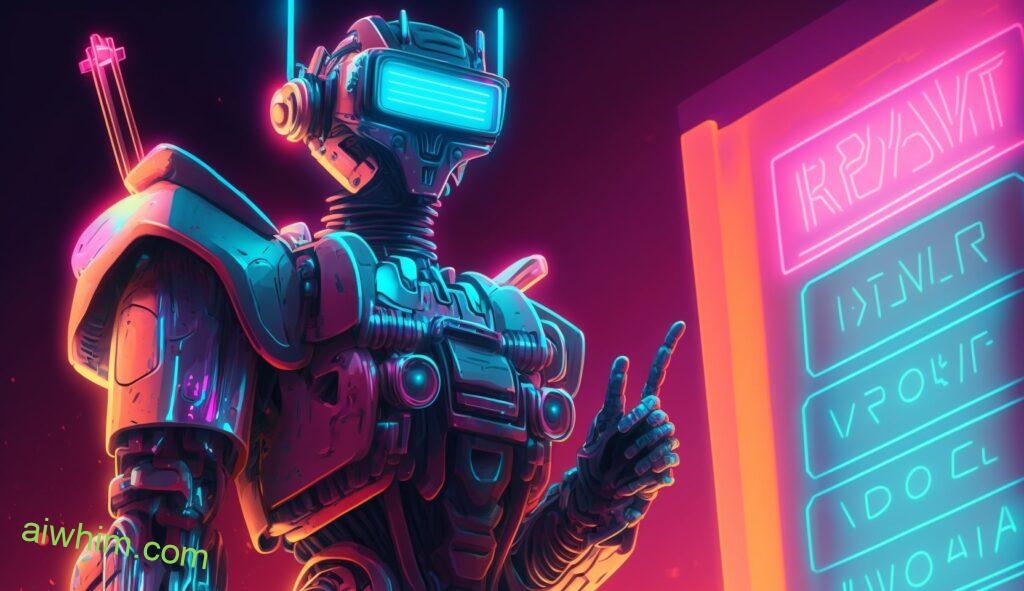
Strategies To Stay Relevant In A Changing Marketplace
As a medical coder, it’s important to stay up-to-date with the latest healthcare automation strategies. As technology continues to evolve, so do coding practices and processes. The best thing you can do is research new developments in your field and remain open minded about changes that may be coming down the line. Keeping an eye on trends in the healthcare industry can also help you stay ahead of any potential shifts in the marketplace.
To ensure job security for yourself as a medical coder, focus on developing specific skills related to coding strategies such as accuracy, speed, understanding of payer regulations, and knowledge of relevant codes. Being knowledgeable in all aspects of medical coding will make you more valuable in this ever-changing landscape. Additionally, having proficiency in other areas like data analytics or project management can open up even more opportunities for growth within your career path. You’ll be able to navigate through both automated and manual processes smoothly without missing out on work due to lack of experience or knowledge.
So if you want a successful future as a medical coder, keep learning! A proactive approach towards staying informed about new technologies coupled with expertise in established coding methods will give you the edge when competing against others for jobs now and into the future.
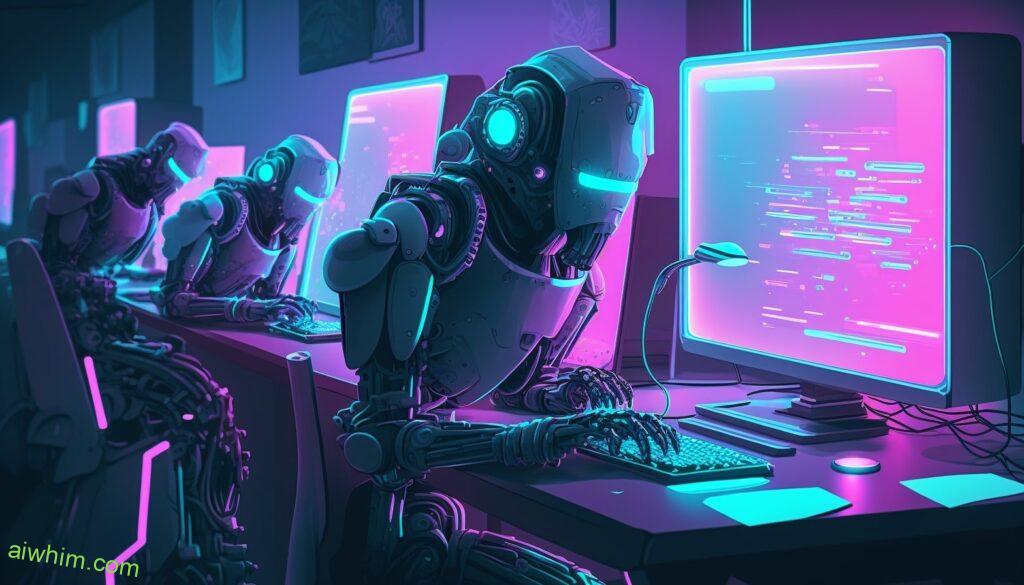
Preparatory Steps For A Successful Transition
It’s a scary world out there, with the advent of AI and automation. Will they take away the jobs of humans? It’s hard to tell. But it’s best to be prepared in case it happens. As a medical coder, you can prepare for this potential transition by adapting your skillset and honing new ones that will make you more marketable in the job marketplace.
One way to stay ahead is to get certified or even go back to school if needed. You should also look into what other skills employers might value in addition to medical coding abilities – such as communication, problem solving etc. This can help increase your chances of transitioning successfully into another role within the same field or completely different one altogether.
You should also pay attention to trends in the industry so that you know where future opportunities may lie and create strategies to position yourself as someone who could fill those roles. Networking is key here; attending conferences, joining professional organizations, making connections on social media – these are all great ways to find out what employers are looking for and how you can offer your unique services. By utilizing these tools and techniques now you can ensure success when faced with an uncertain future due to changing technology advances.
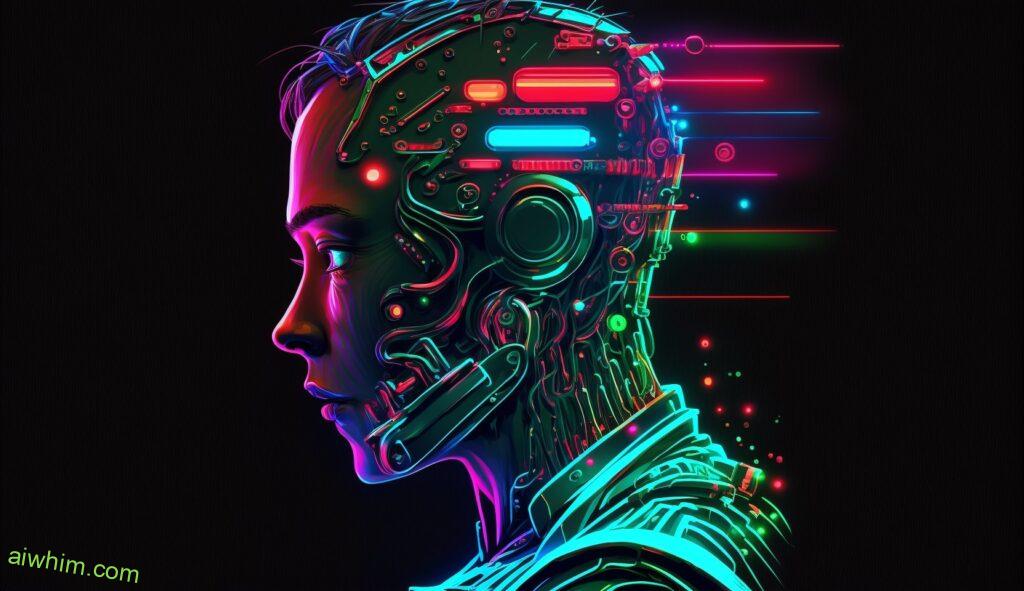
To Sum Up
The medical coding industry is facing a seismic shift, as advances in AI and automation threaten to render many human coders obsolete. To stay relevant and secure their future in the healthcare sector, medical coders need to prepare for these changes by honing new skills and adapting to automated methods of working.
As daunting as this may sound, it’s important that medical coders keep calm and carry on. Cultivating creative capabilities such as problem-solving, communication, and collaboration will put them ahead of the game when competing with artificial intelligence for jobs. Additionally, learning how to use software applications related to medical coding can also be beneficial.
Ultimately, while machines are making headway into the profession at an alarming rate, they still lack the capacity to replace humans completely – yet! With careful planning and determination, medical coders can remain employable in spite of these technological advancements. It’s time you start embracing this new era wholeheartedly so that you don’t get left behind!
Author: Ole Paulson
Author Bio: I’m Ole and on this website, I share everything there is to know about Artificial Intelligence, and useful tips for using AI to our advantage. I have a background in data science and research and have been following the AI-space for years. You can read more about me in the “About” page.

